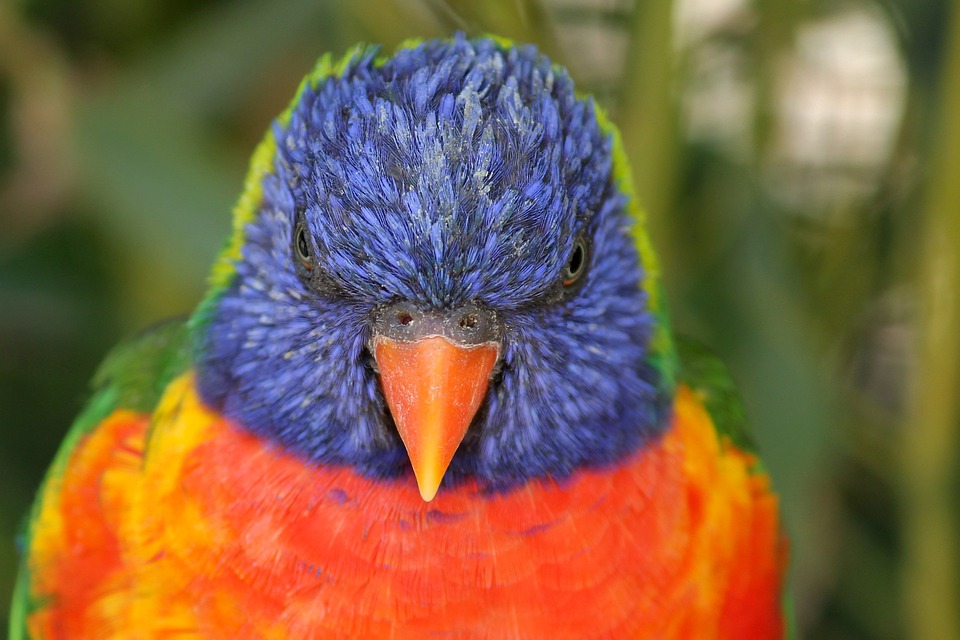Parrots are highly intelligent and social creatures that can form strong bonds with their human caretakers. While this bond is often cherished, some parrots may develop attention-seeking behaviors that can become excessive and problematic. These behaviors can range from constant vocalization and demanding behaviors to feather plucking and biting. In order to discourage these behaviors, it is important to understand their underlying causes and implement effective strategies.
First and foremost, it is crucial to establish a balanced routine for your parrot. Parrots thrive on predictability and stability, so providing them with a structured daily routine can help reduce their need for constant attention. This includes providing ample mental and physical stimulation. Engaging in interactive play sessions with toys, puzzles, and foraging activities can keep their minds occupied and prevent boredom. Additionally, promoting independent play by providing a variety of safe toys and activities can help them develop self-reliance and reduce their reliance on constant attention.
Regular training sessions can also be beneficial in redirecting attention-seeking behaviors. Training your parrot using positive reinforcement techniques not only keeps their minds occupied but also rewards them for good behavior. Teaching them new tricks, commands, or games can be a fun and engaging way to redirect their attention and provide mental stimulation.
Physical exercise is equally important for a parrot’s overall well-being. Allowing them to fly or providing them with enough space to exercise their wings can help burn off excess energy and reduce attention-seeking behaviors. Incorporating flight-related training exercises can also be beneficial in this regard.
In addition to creating a balanced routine, behavior modification techniques can be highly effective in discouraging attention-seeking behaviors. When your parrot engages in unwanted behavior such as screaming or biting, it is important to ignore these actions and not provide them with attention. Instead, wait until they calm down or redirect their focus elsewhere before rewarding them with attention. Positive reinforcement, such as verbal praise, favorite treats, or gentle scratches in their favorite spots, should be used to reward desired behavior.
Providing enrichment opportunities is another crucial aspect of discouraging attention-seeking behaviors. Parrots need mental stimulation and offering them a variety of toys, puzzles, and foraging opportunities can keep them occupied and prevent boredom. This, in turn, reduces the likelihood of engaging in attention-seeking behaviors.
Here are answers to some frequently asked questions about parrot behavior:
Q: Why is my parrot excessively screaming for attention?
A: Excessive screaming can be a sign of boredom, frustration, or a cry for attention. Make sure your parrot receives enough mental and physical stimulation throughout the day to reduce the need for excessive vocalization.
Q: How can I discourage my parrot from biting me for attention?
A: Biting is often a response to anxiety or stress. Try to identify the triggers and remove them from your parrot’s environment. Implement positive reinforcement techniques to reward calm behavior and redirect their attention to appropriate toys or activities.
Q: My parrot constantly demands to be let out of its cage. What can I do?
A: Ensure that your parrot has enough out-of-cage time every day to exercise and interact with you. Incorporate flight training exercises and provide plenty of toys and activities to keep them engaged and mentally stimulated inside their cage.
In conclusion, discouraging attention-seeking behaviors in parrots requires a balanced routine, mental and physical stimulation, and effective behavior modification techniques. Patience and consistency are key when working with parrot behavior, and seeking guidance from avian professionals is always recommended for complex cases. By providing a stimulating and enriching environment, you can help your parrot thrive and reduce excessive attention-seeking behaviors.









